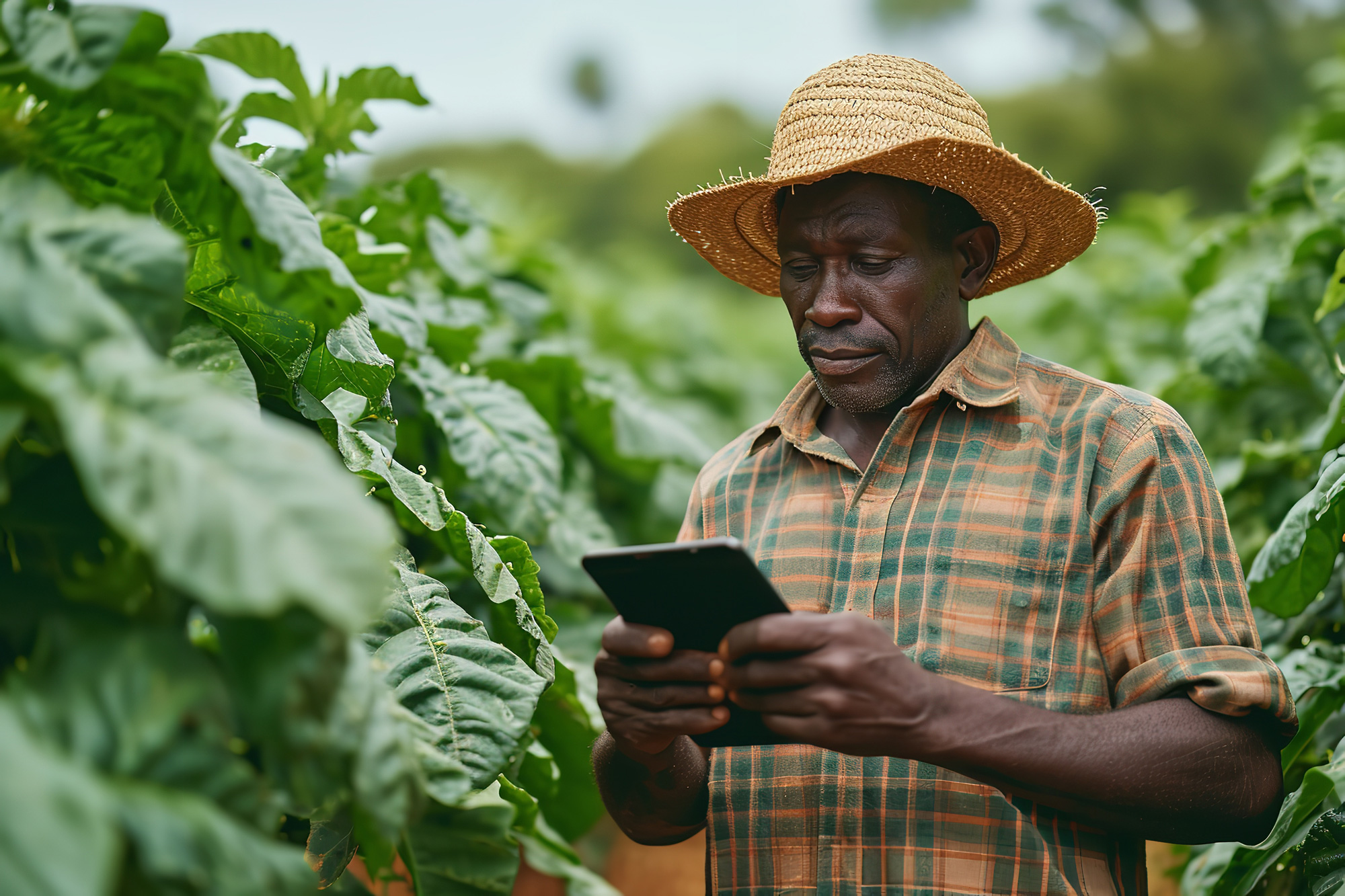
Aligning policy to unlock the potential of Africa’s startups

Our client
The African Union’s role is increasingly a transformative one, with the commission and the union’s political organs driving pertinent policy agendas. In the current era of AI and the rapid growth of tech-enabled businesses, the union has an important role to play in giving African governments the confidence to shape conducive environments that encourage research, development and innovation, and create draft frameworks to guide local policy-making.
The client’s mission
Research by the International Finance Corporation in 2020 showed that the startup ecosystem is helping drive Africa’s internet economy towards a projected value of USD 180 billion by 2025 – equivalent to 5.2% of the continent’s GDP. The African Union Digital Transformation Strategy calls for the development of a Startup Policy Framework and Model Law to unlock the potential of Africa’s startup industry – in terms of growth and innovation. The African Union required policy experts to help advance these ambitions.
Our support
Africa Practice was contracted by a partner of the African Union to design a draft Startup Policy Framework and Model Law based on global best practice, informed by local policy contexts and designed for the continent’s startup ecosystem. We supported the client with the following:
- Best-practice and policy innovation analysis
- Regulatory and legislative gap assessment
- Policy architecture design and testing
- Legislation drafting
The results
The draft framework was presented to the African Union Commission and various stakeholder groups, consisting of Regional Economic Community (REC) representatives, government officials, policy experts, and startups, who jointly validated the draft. It has been submitted for adoption by the continent’s ministers. Meanwhile, representatives who participated in the validation process have begun to initiate local domestication processes.

